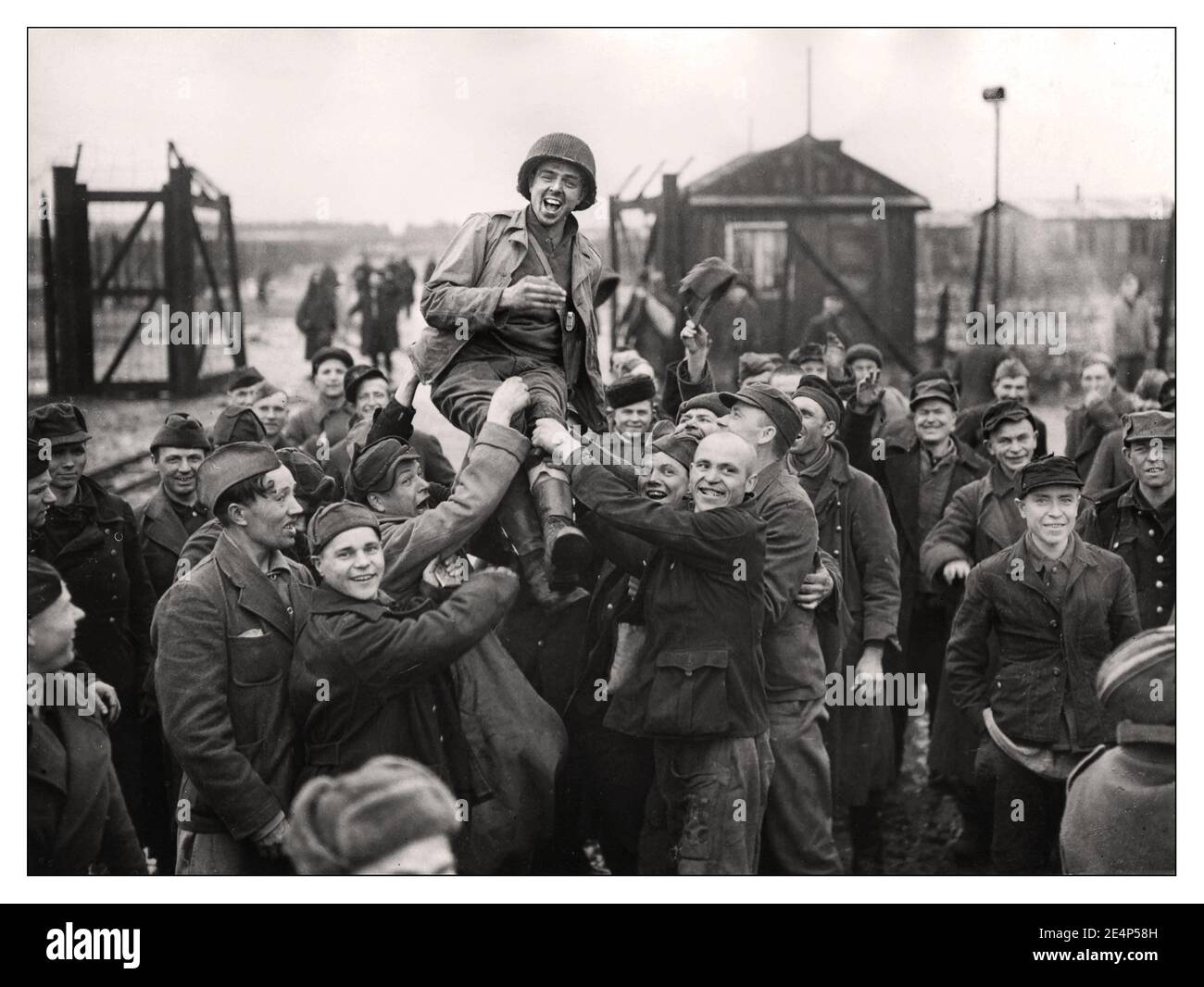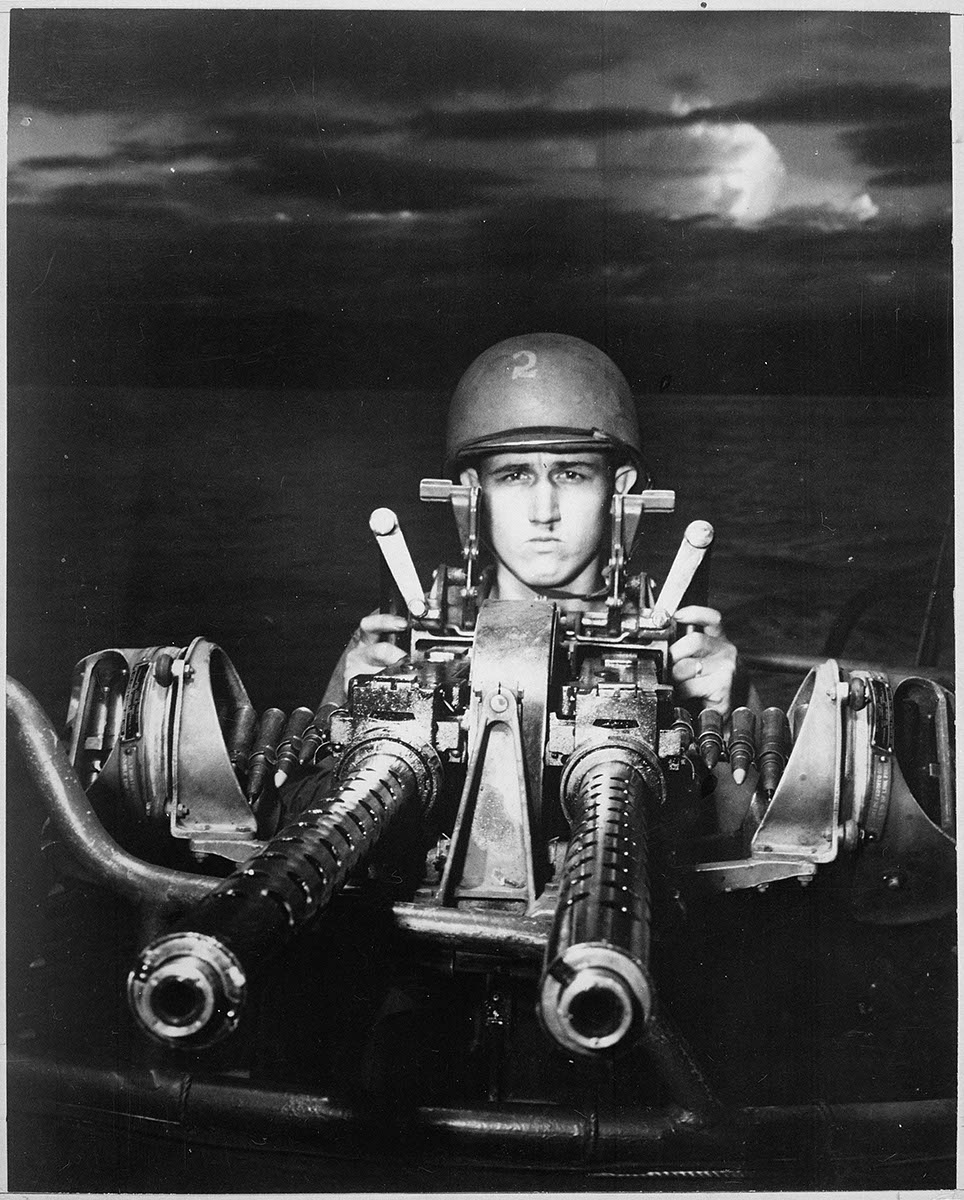

When the air raid ended, the British troops were led out of the shelter and, to their relief, saw that the only building hit by a bomb had been the BAU 38 - the place where the pressure test was to take place. Maybe John Wesley had a hand in it as well." We heard a bomb fall and when the raid was over we saw that the only bomb to hit the factory had blown out the wall where the pipes were. I had just said a prayer, when the air-raid siren went and everyone, guards and prisoners, dived into the air raid shelters. They had us lined up against a wall to shoot us as soon as the pipes failed the test. "We knew that they had found out what we had done.

As the test was being prepared, the air raid siren went off and they were ordered into the shelters. Horrified, the POWs knew that not one single pipe would pass such a test and realised that they would be shot in no less than 20 minutes. Suspicious, on one occasion, a German engineer ordered a pressure test on the pipes.

Forced to work, many POWs deliberately sabotaged the pipes they were working on by placing stones or blank flanges into the pipes. Others refused to help, believing that the Jewish inmates were simply being rightfully punished for some crime they must have committed.

Some of the British POWs frequently put themselves in danger to try to get any scraps of food they could spare to the prisoners in the Jewish section. During his imprisonment in Camp E715, Dodd said he witnessed the mistreatment and killing of Jewish inmates at the camp by their SS guards, including Jews hanging from the gallows in Auschwitz I and several pushed off high scaffolding. The filth of Camp E715, with its accompanying smell of burning flesh from the crematorium at nearby Auschwitz II, was to be Dodd's home for the next 14 months. The British troops stepped aside and the officer resumed his task of beating the girl. A Wehrmacht soldier warned Dodd that he meant what he said. The SS officer pulled out his pistol and threatened to shoot Dodd, who was at the front, if he interfered further. Dodd and the other POWs attempted to get between him and the bleeding girl. As they were marched to the concentration camp and factory where they would be working, Dodd tells of a teenage Jewish girl, stripped to the waist, who he says was being savagely whipped by an SS officer. When Dodd and the POWs disembarked they noticed dozens of bundles of clothing that had just been left by the rail tracks. IG Farben factory in Monowitz (near Auschwitz) Monowitz was under the direction of the industrial company IG Farben, who were building a Buna ( synthetic rubber) and liquid fuel plant there, and housed over 10,000 Jewish slave labourers, as well as PoWs and forced labourers from all over occupied Europe. After being held in a number of ordinary Italian POW camps, in 1943, he was transferred to Auschwitz III (Monowitz) labour camp, only five miles from the better-known extermination camp of Auschwitz II (Birkenau). After Tobruk, Dodd, and an injured colleague, were captured by the enemy at Badir in the Western Desert. Later, he was posted to North Africa and was in action at Tobruk. However, as he had an HGV licence, he was permitted to enlist as a military driving instructor for the Royal Army Service Corps.Īt the beginning of World War II, Dodd served as a volunteer in France and was involved in the Dunkirk evacuation. He received extensive physiotherapy for his injuries, but still only received a rating of 'B2' when he tried to enlist into the Army, too low to allow him to join up. In September 1938, he nearly lost his left foot when it became trapped between a ramp and a turning wheel. Dodd left school in 1934 aged 15, and became an apprentice mechanic for a motor transport company in his native Northwich, moving to the Weaver Navigation Company in 1937. Dodd's father served in the British Army during the Boer War and was a Sergeant during World War I when he was captured.


 0 kommentar(er)
0 kommentar(er)
